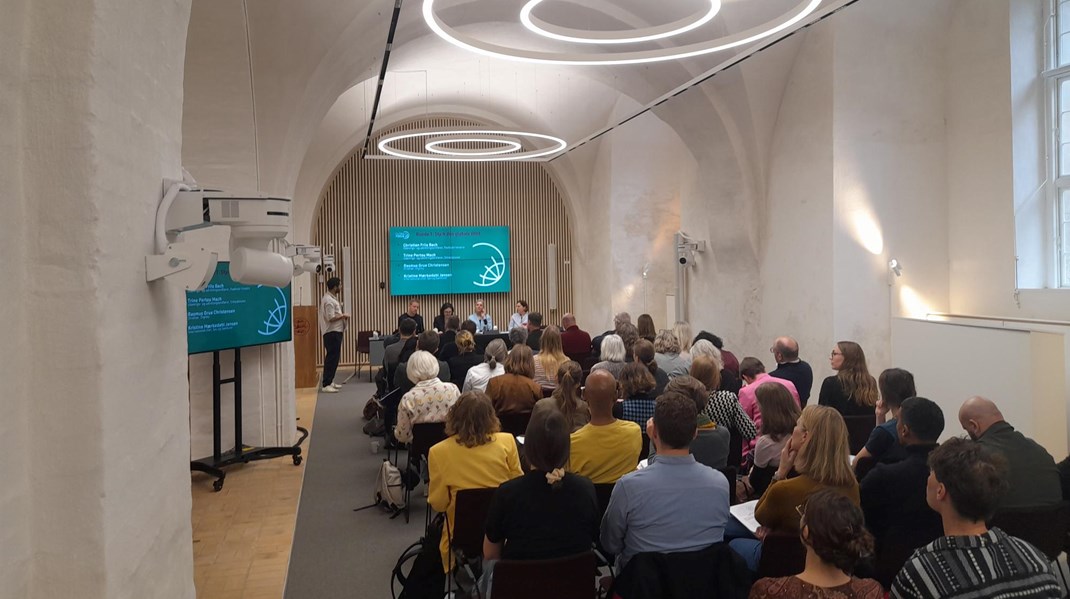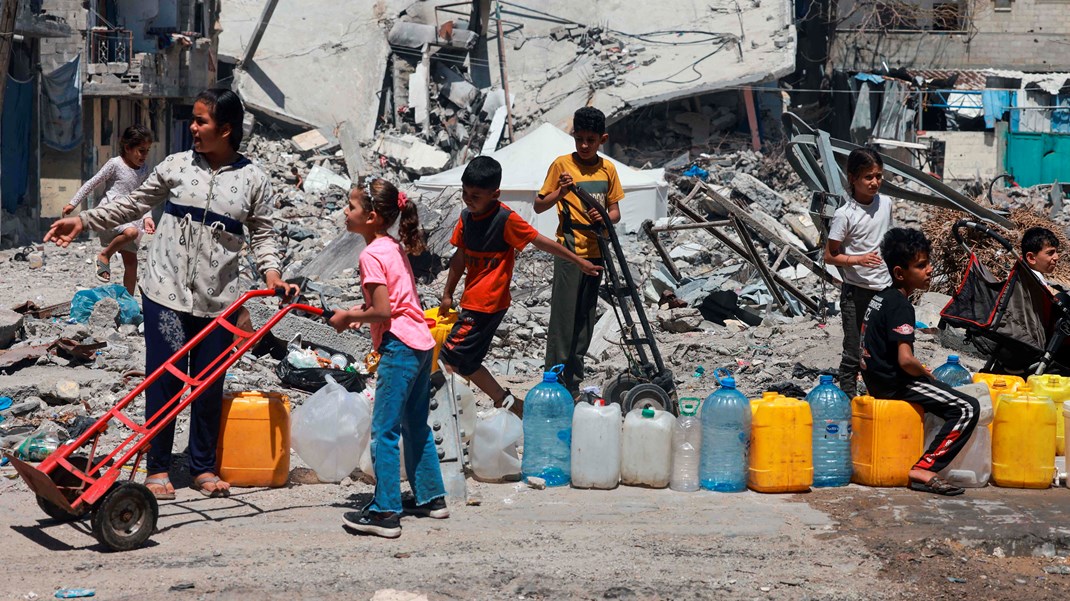WHO reinforces support in Iraq as country enters transition to development phase
Baghdad, 15 July 2019--- Regional Director for the World Health Organization’s Eastern Mediterranean Dr. Ahmed Al Mandhari arrives to Iraq today to mark a major strategic shift in WHO’s work in the country.
For many years, WHO’s priority work in Iraq was focused on responding to urgent health needs as a result to the ongoing crisis. This year, WHO’s focus will move from pure emergency response operations to both emergency and developmental activities that aim to rebuild the country’s health system.
During his visit, Dr. Al Mandhari will review a number of significant health projects, focusing on achieving Universal Health Coverage (UHC) by ensuring the delivery of essential basic service packages for all Iraqis. He will also review WHO’s work with partners to ensure an uninterrupted health response for vulnerable populations, in addition to ensuring joint efforts to secure funds for the rehabilitation of health facilities and services.
“We have an ambitious vision for a modern health sector in Iraq,” said Dr. Al Mandhari. “This vision will focus on scaling up priority programs that will have a direct impact on people’s health,” Dr. Al Mandhari added. “The new development phase is a challenge that we must be ready to stand together to achieve,” noted Dr. Al Mandhari.
Over the past years, Iraq’s health system faced enormous challenges as a result of shortages in basic and essential health services at primary health care level, limited pharmaceutical supplies, weakened health infrastructure, and limited human resources. This was compounded by the increased health needs of an estimated 1.6 million internally displaced people, a quarter of a million Syrian refugees, and four million returnees -- all of whom require primary, secondary, and tertiary health care intervention; a situation that put even more stress on the already ailing health system in the country.
“The health sector in Iraq faced many challenges during the past two decades and it needs a lot of attention and work to recover and resume normal service delivery in terms of quality, quantity, and easy access to health services,” said Dr. Adham Rashad Ismail Abdel Moneim, Acting WHO Representative in Iraq. “WHO is working closely with the Ministry of Health and health partners to step up the recovery process and mobilize all available resources for this new phase of protracted emergency and development activities,” Dr. Abdel Moneim added.
The Regional Director will be meeting with high-level Iraqi officials to discuss the health needs of all Iraqis; including displaced populations and Syrian refugees living in camps and host communities. Needs of populations returning to under-recovery areas is among the visit agenda topics.
“We stress the urgent need for evaluating the current health situation in Iraq in general and continued response to a protracted emergency in recovering areas in particular; our aim is to maintain essential to first-line health care service delivery and adequate stock of medicines and medical supplies there” Al Mandhari concluded.
WHO’s emergency response in Iraq between 2016 - 2018:
During the past five years, WHO has supported 23 Primary Health Care Centers (PHCC) in IDP camps and tens of primary health care centres in host communities. Four field hospitals with 200 beds capacity were established, in addition to more than 12 referral hospitals supported with equipment, consumables, and medication.
More than 69 mobile medical clinics were deployed to serve IDPs at the front lines and in hard to reach areas. WHO also provided support to eight health facilities serving Syrian refugees inside refugee camps in Iraq.
This support is ongoing to cover the needs of an estimated 1.7 million internally displaced people- of which 500,000 people are living in 33 major IDP camps.
WHO has supported the Ministry of Health and partners with medicines, medical supplies, and emergency kits to respond to urgent health needs of IDPs and people returning to their areas of origin in Ninewa, Salah Addin, Kirkuk, and Anbar. More than 5.5 million beneficiaries were reached with a wide range of life-saving medicines for acute and chronic diseases, in addition to medical kits and surgical supplies of different types.
To efficiently detect and respond to any potential disease outbreak, WHO is supporting 170 reporting sites of Early Warning Alert Response Network (EWARN) in Anbar, Ninewa, Salah Aldin, and Kirkuk governorates. Health care providers have been trained on disease reporting and equipped with electronic tablets to document and report possible outbreaks.
WHO, in collaboration with other humanitarian organizations and health cluster partners, is coordinating and supporting the transition to recovery and development programs.
For more information, please contact:
Ajyal Sultany, WHO Communications Officer, (+964) 7740 892 878, [email protected]
Pauline Ajello, WHO Communications Officer, (+964) 7729 877 288, [email protected]


